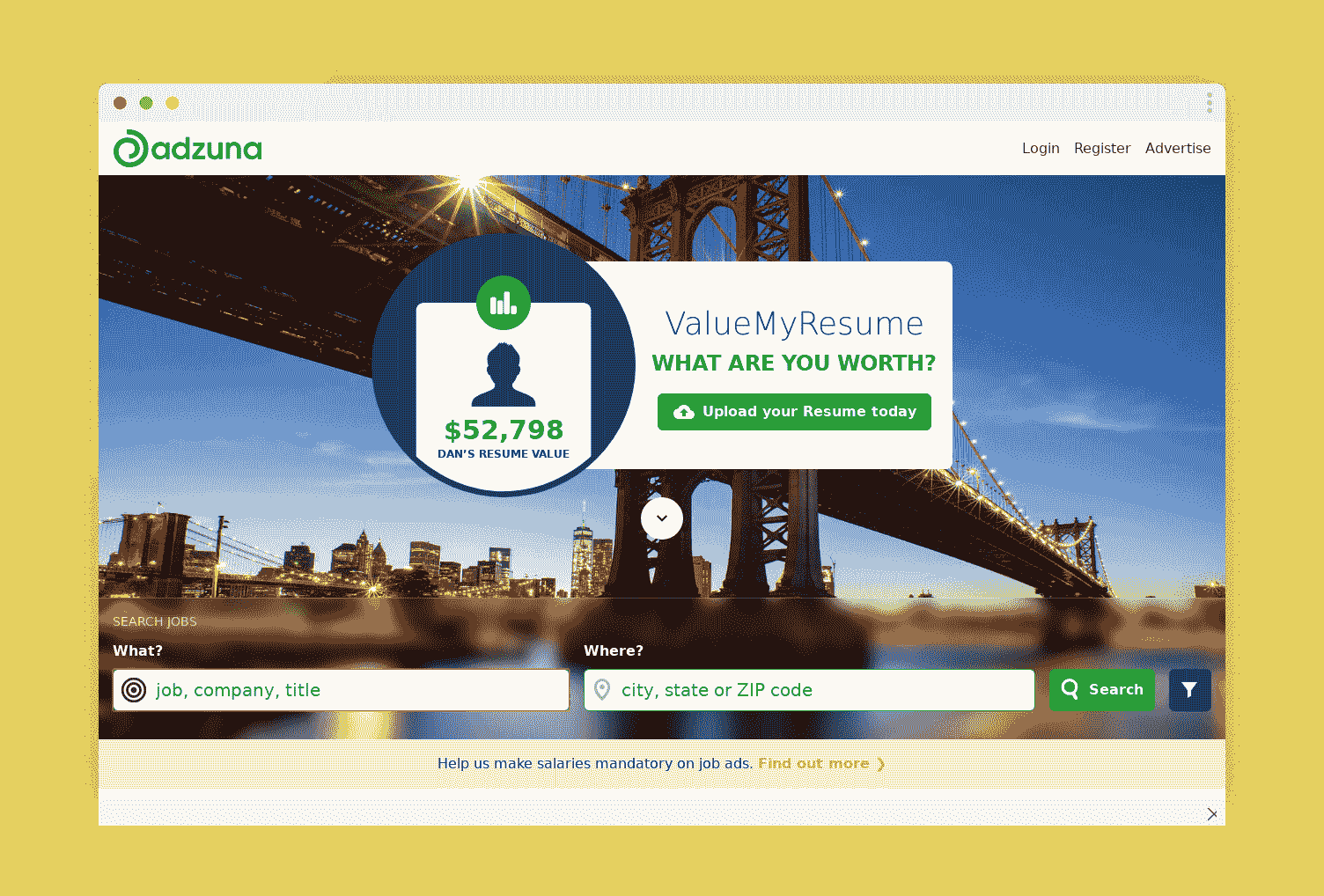Getting your first job is one of the most exciting steps in your professional career, as it will help you build valuable experience and prepare for a rewarding career. However, it can also be stressful since you might now know where to begin.
There are many opportunities to explore, so you may need to spend some time researching what is required for each of them and creating a good job application, which will set you up for success. Below you will find a few simple steps which will help you secure your first job and get the most out of this experience.
7 Important Tips About Finding A First Job
1. Set Realistic Expectations

Firstly, it’s important to set realistic expectations considering your education, skills, and experience until now. In most cases, it can be a good idea to look at entry-level jobs, which are the best way to learn more about an industry and gain more knowledge as you go. You should also remember that it might be difficult to land a job straightaway, as most entry-level job positions are highly competitive.
This means that you may need to spend some extra time perfecting your job resume and applying for multiple jobs before you find success. Don’t get discouraged if you get rejected at first, as this is something that happens to many applicants before they find their first job.
2. Use The Right Tools

When you first start looking for your first job, you may not know which tools or platforms you should use to secure the right role. There are transparent job search engines available online, which are designed to help you find the best job in a cluttered job market.
You can learn more here about this from Adzuna. Utilizing tools like this can make it easier to reach your goals and could allow you to gain more work experience sooner rather than later.
3. Consider Your Strengths And Weaknesses
It’s crucial to think about your strengths and weaknesses in relation to the requirements of the role. You should highlight skills that are mentioned in the job description and explain how you plan to gain any skills that you lack at the moment.
Potential employers will appreciate this, as they will see that you have a good understanding of your abilities. Also, make sure you include examples when asked about your strengths and weaknesses instead of just listing them.
4. Write A Good Job Resume

Writing your first job resume is a huge step in securing a job, as it helps you demonstrate your talents and skills to potential employers. Your job resume will also present you with the chance to prove to employers that you are the right match for a job.
It’s important to spend some time working on your job resume. Be sure to look at templates online to determine how you should structure it and focus on outlining your key skills and attributes. Mention any relevant experience you may have, such as volunteering or seasonal work.
5. Find Out More About The Company
If there is a particular company that you are interested in, you should find out as much about it as possible to increase your chances of getting a job there. Learning about the company’s history and products is one of the best ways to ensure you will stand out from other candidates.
You should find out more about the skills and experience that the company values, which means that you might need to read between the lines of job descriptions.
It might also be helpful to read employee bios so that you can learn more about key players in the organization, such as managers, directors, and the CEO.
6. Prepare For The Interview

Apart from doing thorough research about the company, you should also focus on preparing for the questions you are likely going to be asked. It’s best to look for the most common interview questions and practice your answers.
This will help you gain confidence and ensure you have a better idea of what to expect from the real interview. Remember that it’s normal to be nervous on the day, so you should allow enough time to get to the building, which will help calm your pre-interview nerves.
7. Ask For Feedback
Asking for feedback after an interview will allow you to understand what went well or what could have been better. This is a great opportunity for growth and development, so you shouldn’t be afraid to reach out if you haven’t been successful. As a result, you will be able to refine your interview technique and understand how others perceive you during interviews.
Moreover, following up with the recruiter shows that you have a keen interest in the company, which means that there might be a potential job opportunity that can suit your skills better.
Additional:




























